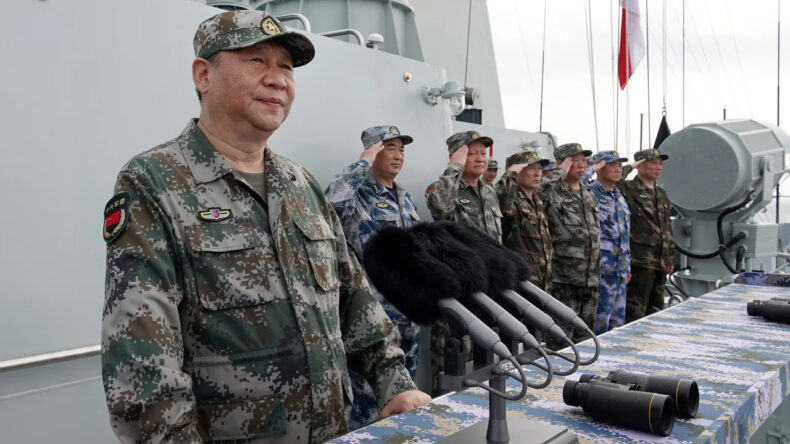Chinese Vessel Violates EEZ, Palau Asks for Help
After multiple Chinese vessels entered its exclusive economic zone, the Pacific island nation of Palau asked the US to increase patrols of its waterways, according to Palauan President Surangel Whipps Jr.
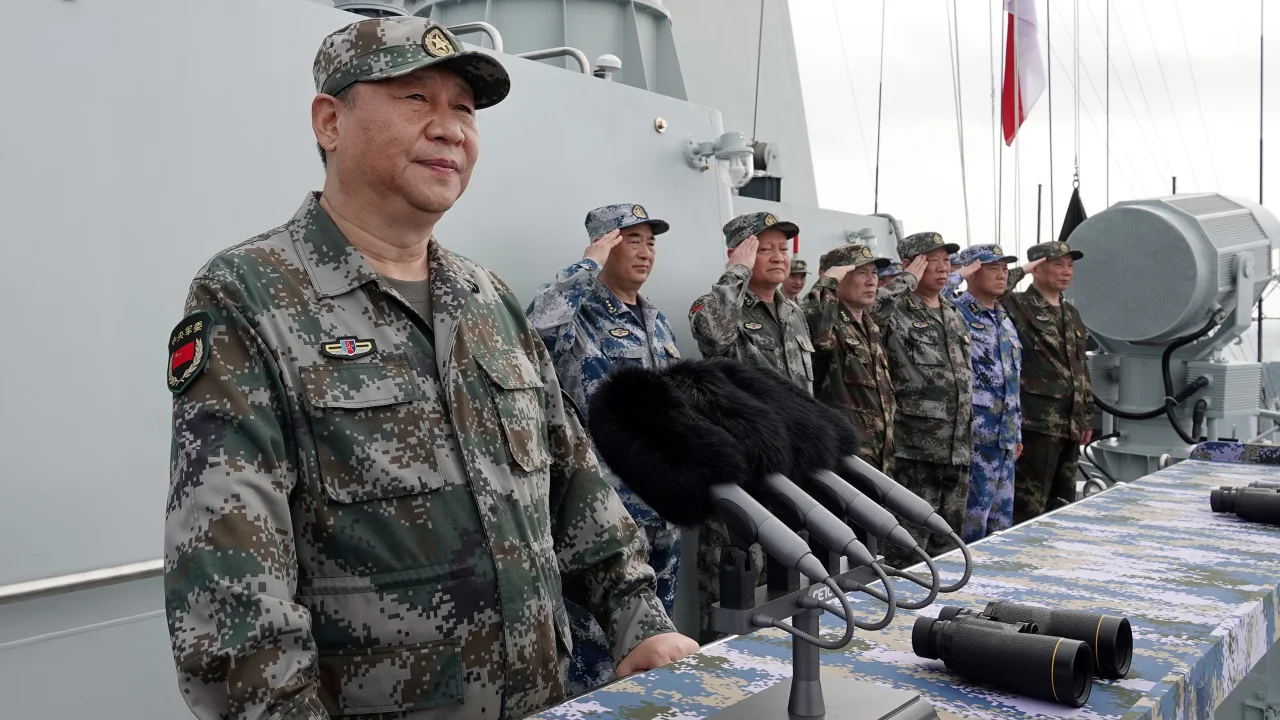
Table of Contents
Welcoming a Stronger US Presence
As both Beijing and the United States of America compete for influence in the crucial region, Whipps Jr. said he would also welcome a stronger American military presence in the nation, with forces deployed alongside preexisting coastguard and civil action teams.
Whipps Jr. stated during a visit to Tokyo on Wednesday that “to get peace, you have to project strength” and added that “no matter what, we’re going to be in the centre of whatever is happening.”
An inquiry for comment was not immediately answered by the US Government.
When asked about the breaches on Thursday, Wang Wenbin, a spokesperson for China’s foreign ministry, claimed the ships had sought refuge in the pertinent waters and had not carried out any reconnaissance operations or investigations. “Security cooperation between countries should not target third parties,” he continued.
Pacific Frontier
With less than 20,000 residents, Palau is a remote island of coral and volcano-covered islands in the western part of the Pacific Ocean. Under a long-standing agreement with Washington, which has origins in World War Two, the U.S. is responsible for the Pacific Island Nation’s defences and offers economic support.
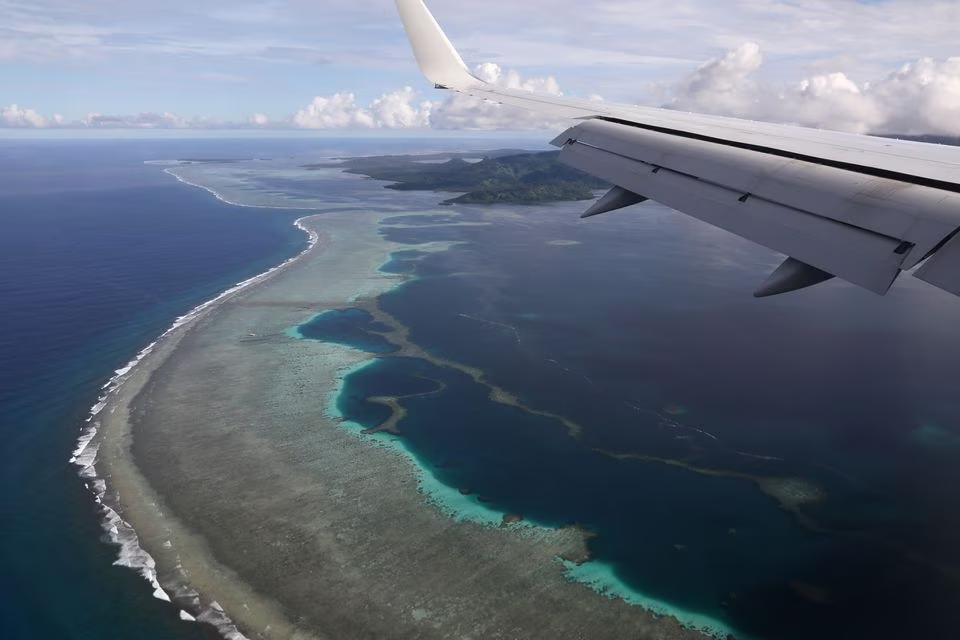
Additionally, the United States has similar agreements with the Pacific island nations of Micronesia and the Marshall Islands, and in May it signed a defensive cooperation contract with Papua New Guinea.
To increase its security footprint throughout the Pacific, China signed a security agreement with the Solomon Islands last year that frightened the United States, Australia, and New Zealand.
Chinese Incursion
As lately as the previous month, when a ship looked to be investigating an area close to fibre optic cables crucial to the nation’s communications, Palau recognised Chinese vessels in its waters, according to the President.
He declared that he would bring up the invasions at the November summit of the Pacific Islands Forum leaders. The organisation has already said that it will adopt a unified stance when dealing with powerful nations, and it turned down China’s request to join a security and trade agreement with 10 of its 18 members last year.
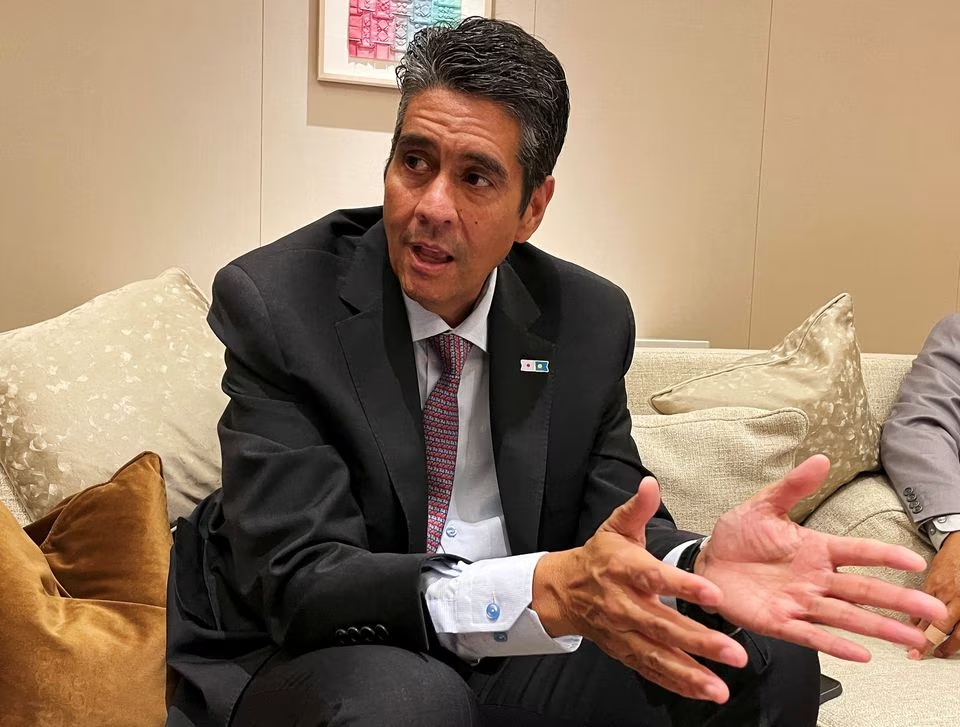
In a speech earlier this month in Singapore, U.S. Defence Secretary Lloyd Austin lauded “small island states” like Palau. In a 2021 meeting with the President of the Pacific Island Nation, Austin emphasised his great gratitude for the U.S.-Palau collaboration.
The United States has already sponsored military drills in Palau, and by 2026, it intends to set up over-the-horizon radar there.
Whipps Jr. spent several days in Japan and also went to the Fukushima Dai-ichi Nuclear Power Plant, which in 2011 suffered a triple-core meltdown due to a tsunami brought on by a significant earthquake.
Certain local fishermen and neighbours, including South Korea, China, and certain Pacific island governments, have condemned the plan.
Whipps Jr., though, asserted that he was not opposed to the proposal and that he felt local opposition was also dwindling.
We’ve decided to back them because what they’re doing is correct, added the President.
Palauan Importance
A small group of islands in the western Pacific Ocean is called Palau, or the Republic of Palau. Its history extends back thousands of years to the time when people of Micronesian ancestry lived there. Spanish explorers asserted control over the area in the late 17th century after the islands were initially discovered by Europeans in the 16th century.
Over the years, several colonial nations, including Spain, Germany, and Japan, came to govern Palau. The country underwent substantial development during the Japanese occupation in the early 20th century, which included the building of military and infrastructure facilities. The island chain did, however, turn into a significant battleground during World War II, and it was the United States that ultimately succeeded in liberating Palau from Japanese forces in 1944.
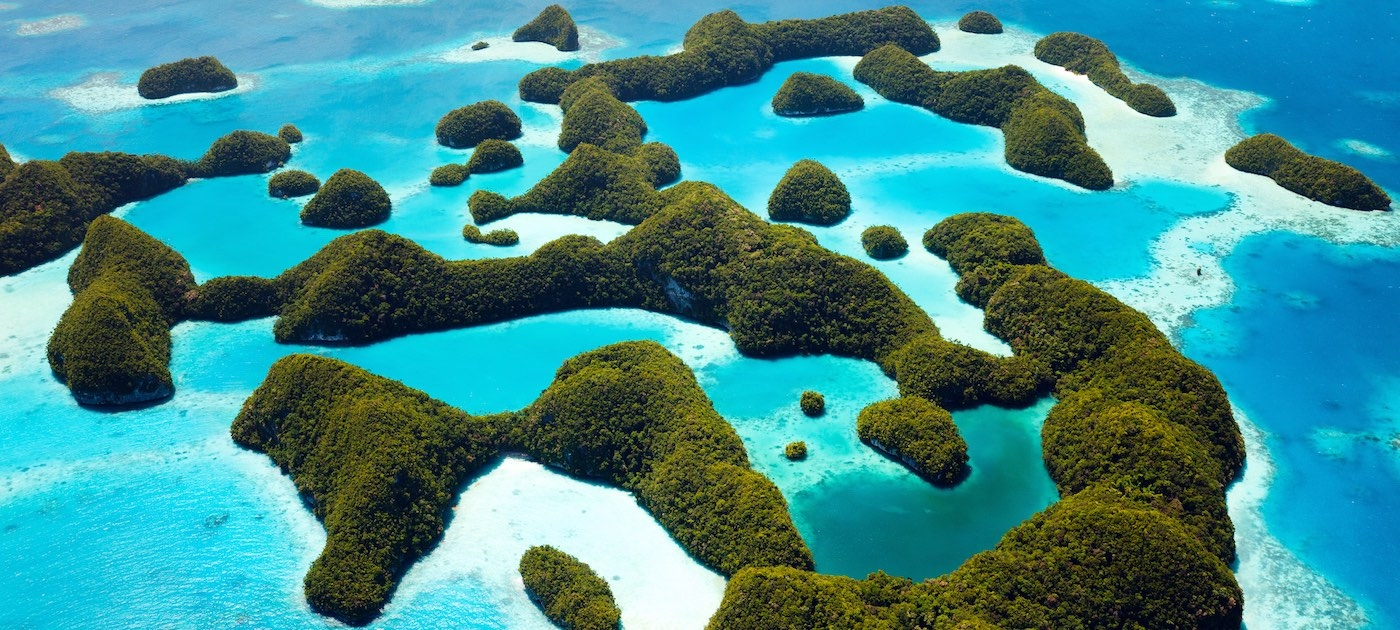
Palau joined the United Nations Trust Territory in the Pacific Islands, which is run by the United States, after the war. The residents of the country started requesting self-government in the 1970s, and in 1978, the islands and the United States signed the Compact of Free Association, establishing their constitutional government. In 1994, it formally became independent.
Due to its breathtaking natural beauty, notably its well-known diving locations, Palau has concentrated on environmental preservation and sustainable tourism since gaining its independence. Nowadays, Palau is a presidential republic with a small population that places a high value on environmental protection, making it a distinctive and in-demand tourism destination.







